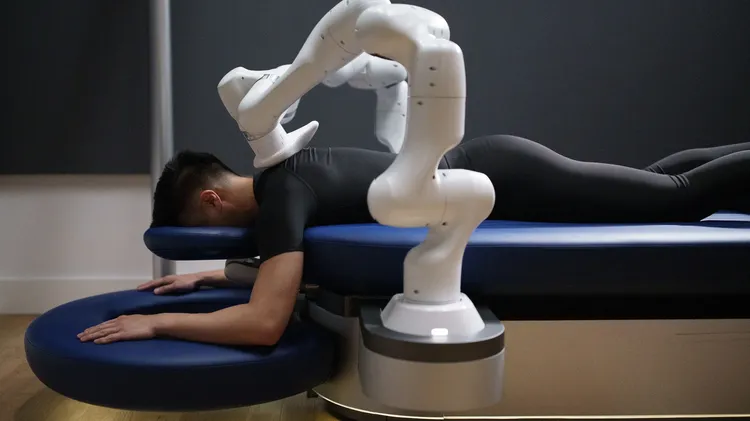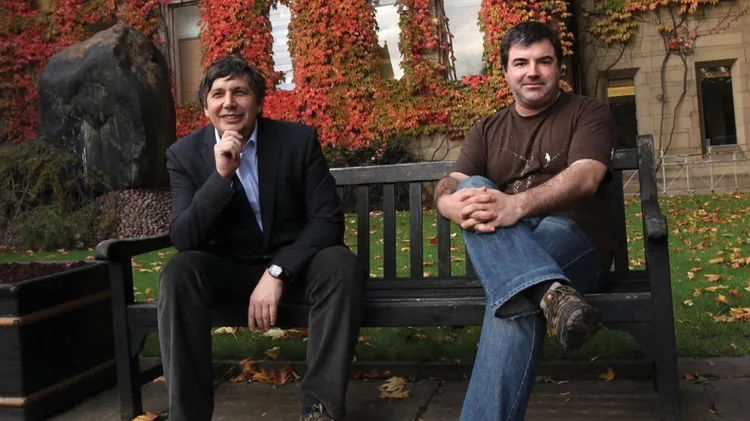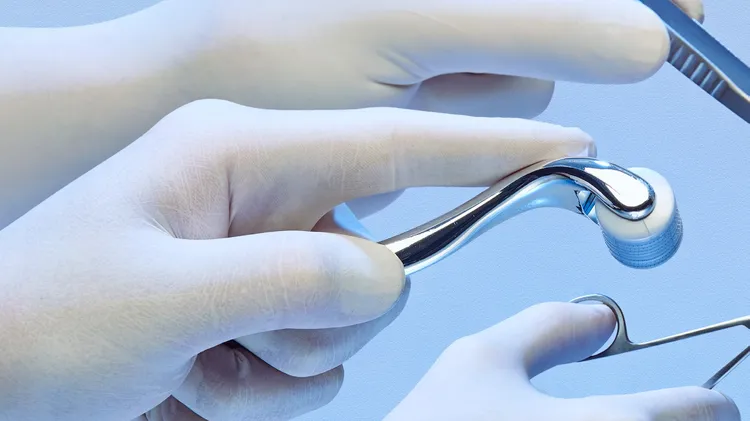For most of us, Covid may now be nothing more th
How covid changed the face of modern medicine
8 min read
This article is from...
Read this article and 8000+ more magazines and newspapers on Readly






